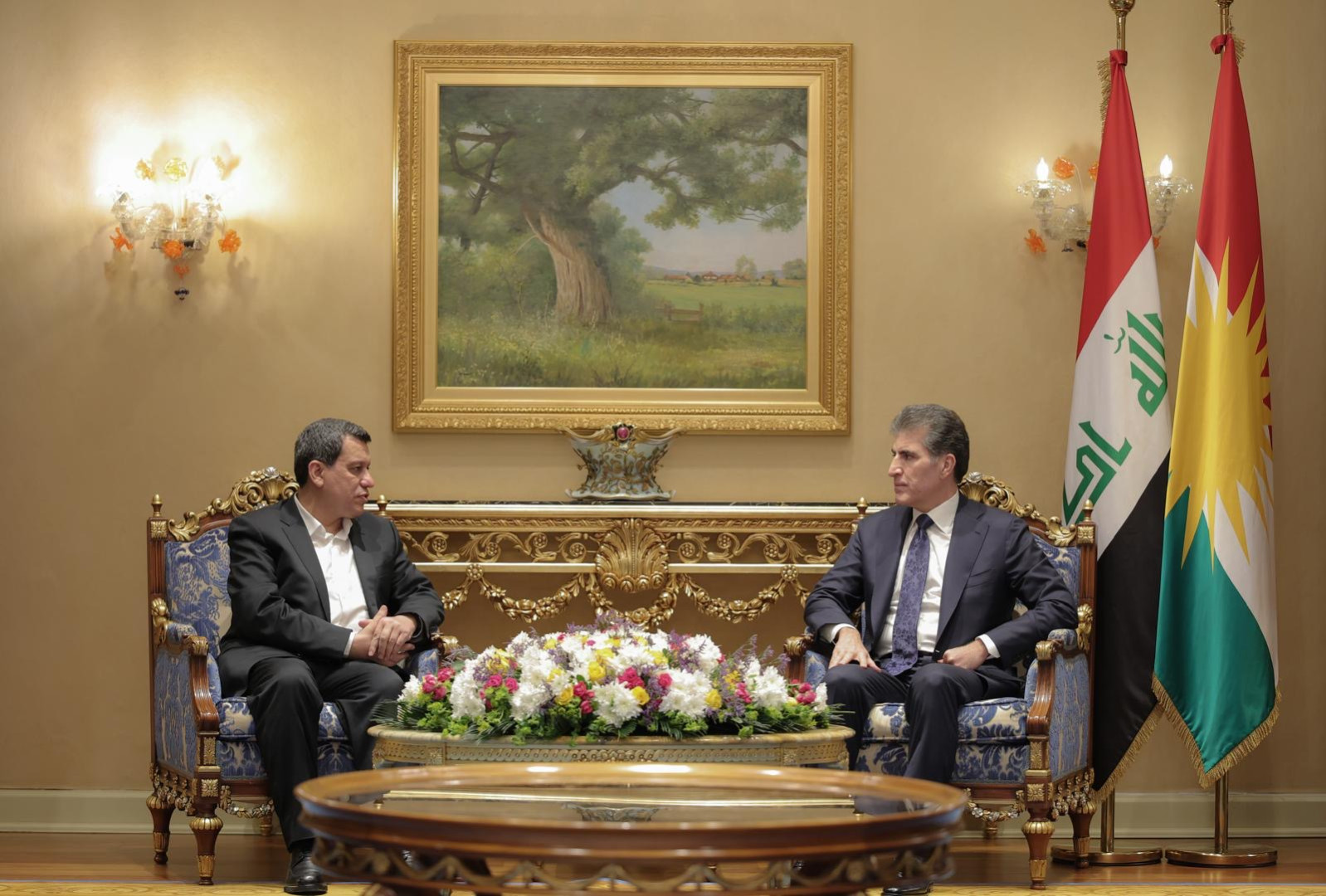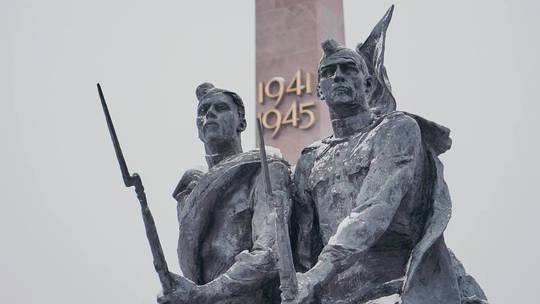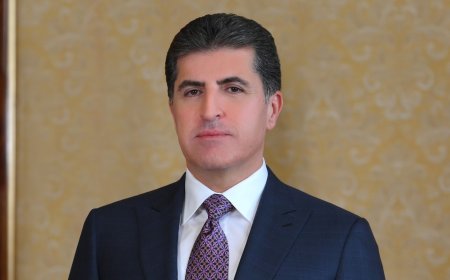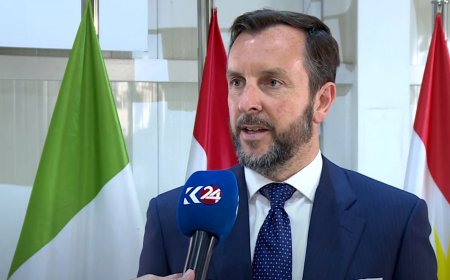KRG works to return people stranded in Istanbul
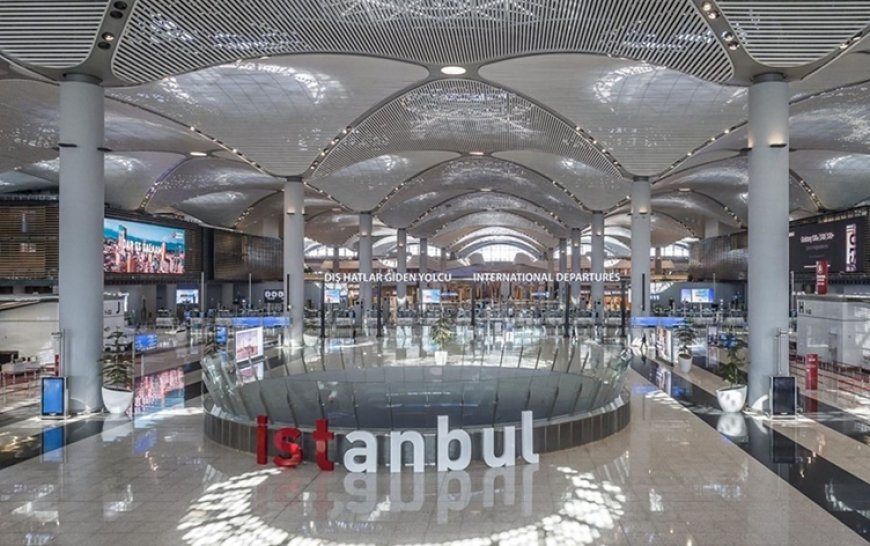
The Kurdistan Regional Government (KRG) is working to help people stranded in Istanbul, as Iraq’s airspace remains closed amid escalated regional tensions.
“As a result of regional tensions, Iraq's airspace has been closed and travel movements have been suspended at all airports. This has created significant problems for citizens of the Kurdistan Region at Istanbul airports who wanted to return to the Kurdistan Region via transit,” read a statement from the Department of Foreign Relations.
“The Kurdistan Regional Government, out of concern for returning its citizens, through the formation of a committee from the government's Department of Foreign Relations and the Ministry of Interior of the Kurdistan Regional Government, is in contact with citizens and official authorities of those countries where citizens are stranded, for the purpose of implementing arrangements so that we can return our citizens to the Kurdistan Region as soon as possible,” it added.
The majority of those stranded were transiting through Istanbul, meaning they do not have visas to enter Turkey and were forced to either return to the country they traveled from or wait in Turkey for air travel to resume.
Iraq closed its airspace on Friday when Israel attacked Iran, which later retaliated. The Iraqi Civil Aviation Authority announced on Saturday it was extending the closure until 4:00pm.
One stranded traveler described a lengthy route he has to travel to get home.
“Through the Ministry of Interior, we obtained our visas online. We go by plane to Sirnak in northern Kurdistan [southeast Turkey] and later the Kurdistan Regional Government provided buses for us to reach Erbil,” said Mustafa Abdulsettar.
A number of pilgrims who had performed their Hajj pilgrimage in Saudi Arabia have also been stranded at Amman airport on their return.
The military escalation began on Friday when Israel carried out an unprecedented attack on Iran’s nuclear facilities and senior military commanders. Several of Iran’s top military men were killed. Israeli Prime Minister Benjamin Netanyahu said the operation aimed to “roll back the Iranian threat to Israel’s very existence” and warned it could last for days.
After the back-and-forth strikes, United Nations chief Antonio Guterres called for the two nations to cease fire. "Enough escalation. Time to stop. Peace and diplomacy must prevail," he wrote on X early Saturday morning.

